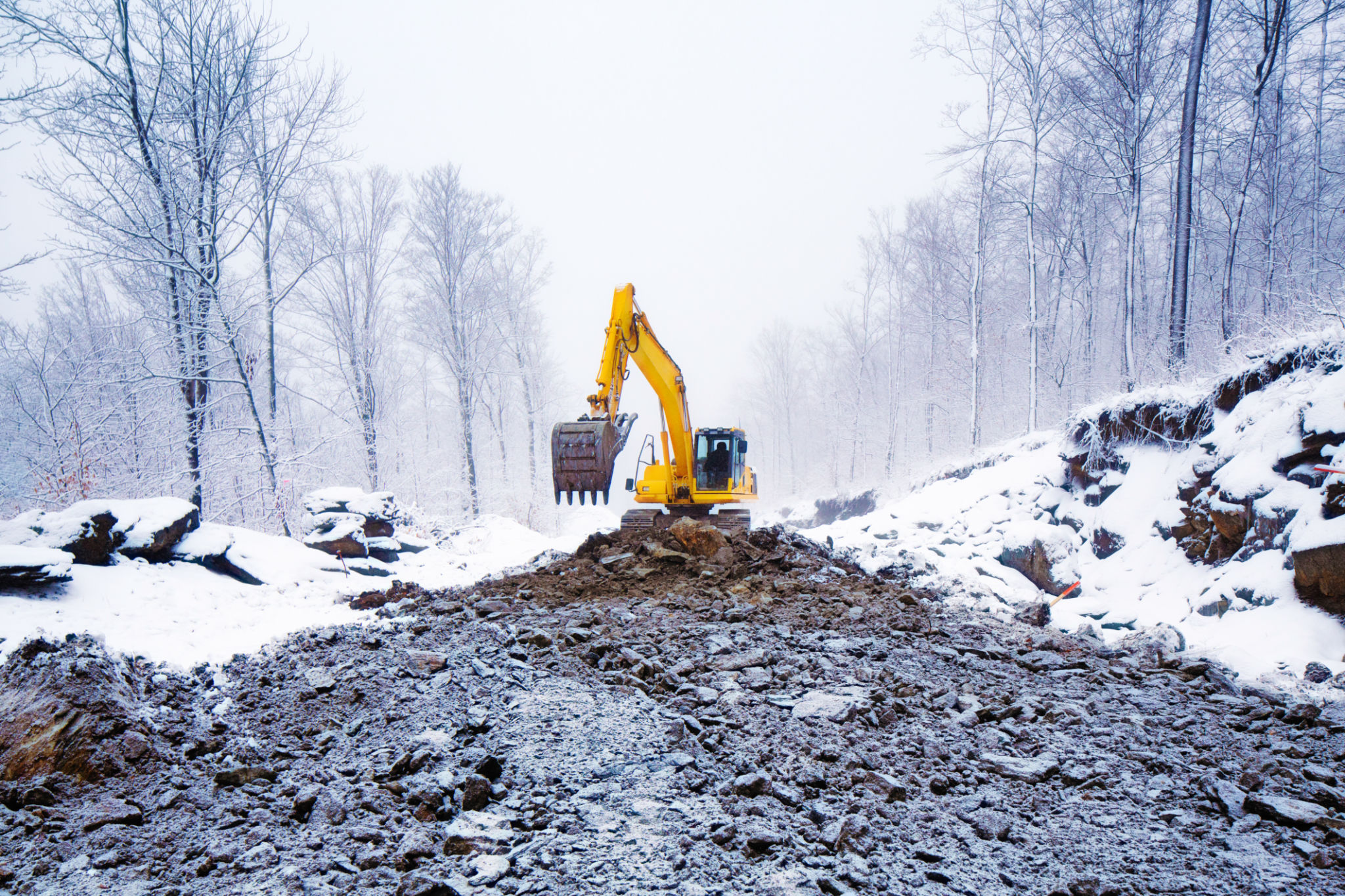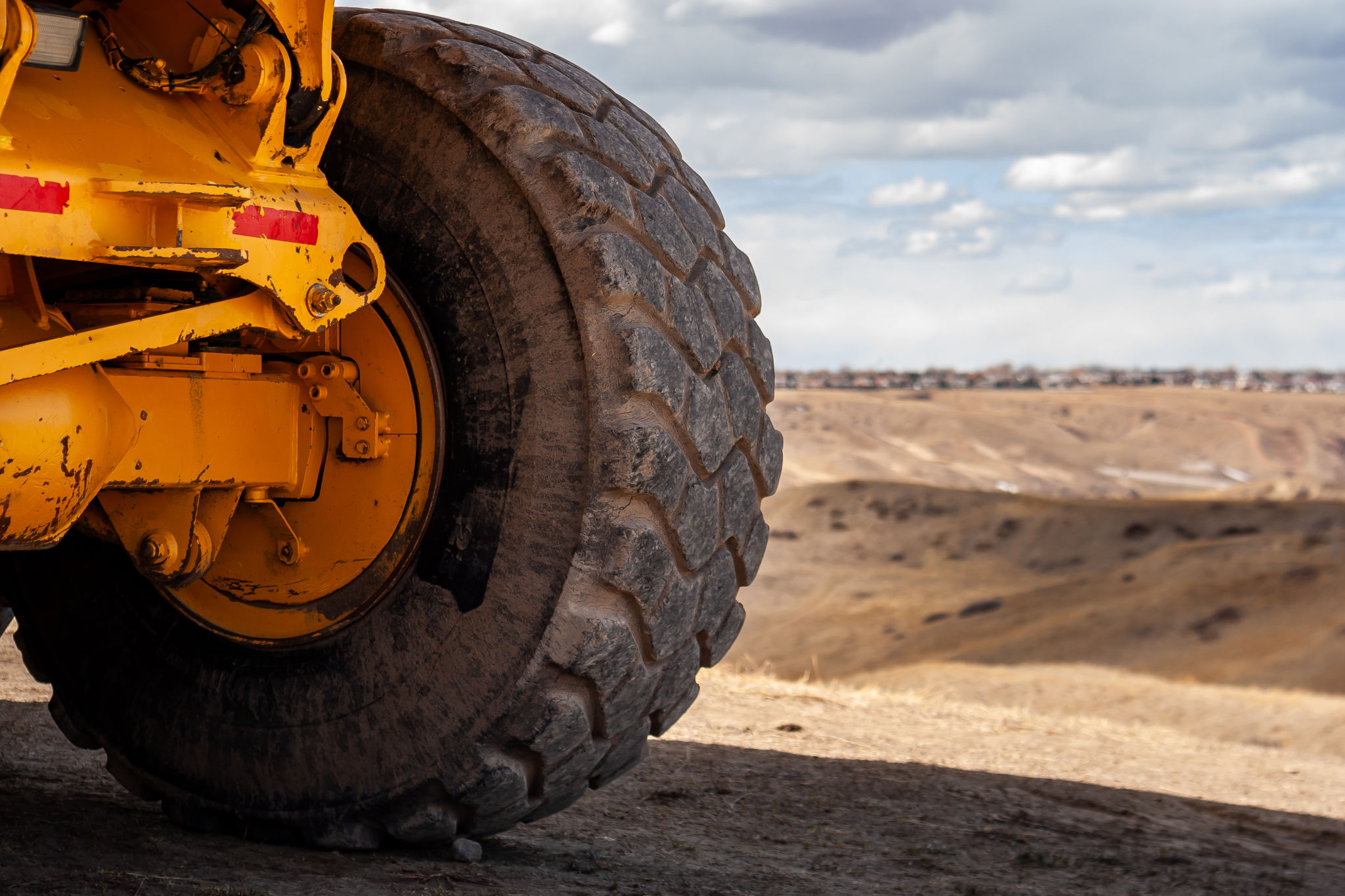Hydro Excavation in Extreme Weather: Challenges and Solutions
Understanding Hydro Excavation
Hydro excavation is a non-destructive digging process that uses pressurized water to break up soil and a vacuum to remove the debris. This method is favored for its precision and minimal impact on the surrounding environment. It's commonly used in construction, utility, and municipal projects where traditional excavation methods might pose risks. However, while hydro excavation is highly efficient, performing it in extreme weather conditions presents unique challenges.

Challenges of Hydro Excavation in Extreme Weather
Cold Weather Conditions
Operating hydro excavation equipment in cold weather can be particularly challenging. The main issue is the potential for water lines and the excavation site to freeze. This not only impacts efficiency but can also cause damage to equipment. Additionally, operators need to deal with icy surfaces, which can lead to safety hazards.
Hot Weather Conditions
Conversely, extreme heat can also pose problems. High temperatures can cause equipment to overheat, leading to potential malfunctions. Operators must ensure that machinery is well-maintained and that fluids are regularly checked and replenished. Moreover, heat can exacerbate dehydration and fatigue among operators, necessitating frequent breaks and hydration.

Solutions for Hydro Excavation in Extreme Weather
Cold Weather Solutions
To counteract freezing conditions, many hydro excavation teams use heated water systems. These systems ensure that water remains fluid and effective even in sub-zero temperatures. Insulating water lines and storage tanks can further prevent freezing. Additionally, using salt or sand on icy surfaces can improve traction and safety for operators.
Hot Weather Solutions
In hot weather, regular maintenance checks are crucial to prevent equipment from overheating. Using cooling systems or shaded covers can help protect machinery from direct sunlight. Furthermore, implementing a schedule that allows operators to work during cooler parts of the day can reduce heat-related stress.

Best Practices for Safety and Efficiency
Regardless of the weather conditions, certain best practices can enhance safety and efficiency in hydro excavation projects. These include:
- Regular Equipment Inspections: Ensuring all machinery is in good working condition before starting a project.
- Weather Monitoring: Keeping track of weather forecasts to anticipate challenges and plan accordingly.
- Proper Training: Ensuring all operators are well-trained to handle equipment safely in various weather conditions.
Conclusion
Hydro excavation remains an invaluable technique in various industries due to its precision and safety benefits. However, extreme weather conditions can present significant hurdles. By understanding these challenges and implementing effective solutions, operators can maintain efficiency and safety on their projects. Whether dealing with freezing temperatures or scorching heat, preparation and adaptability are key to successful hydro excavation operations.
